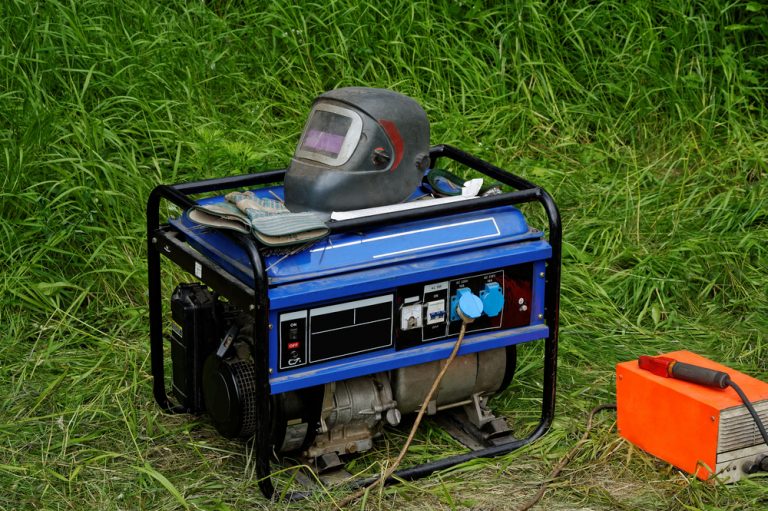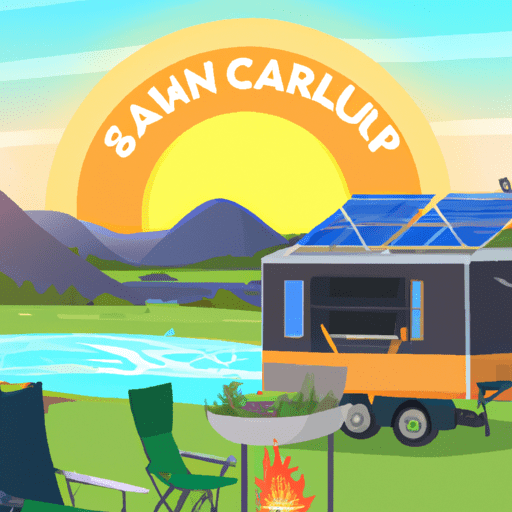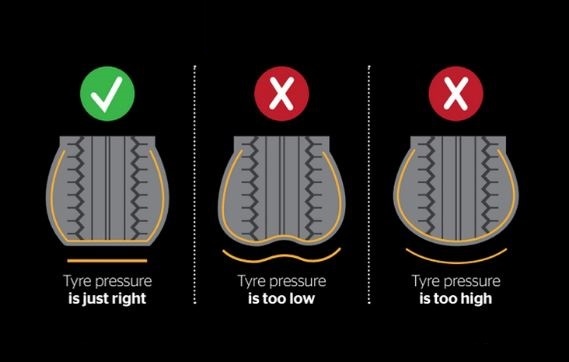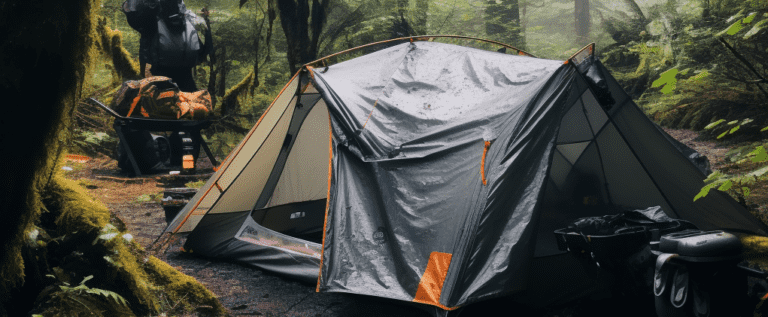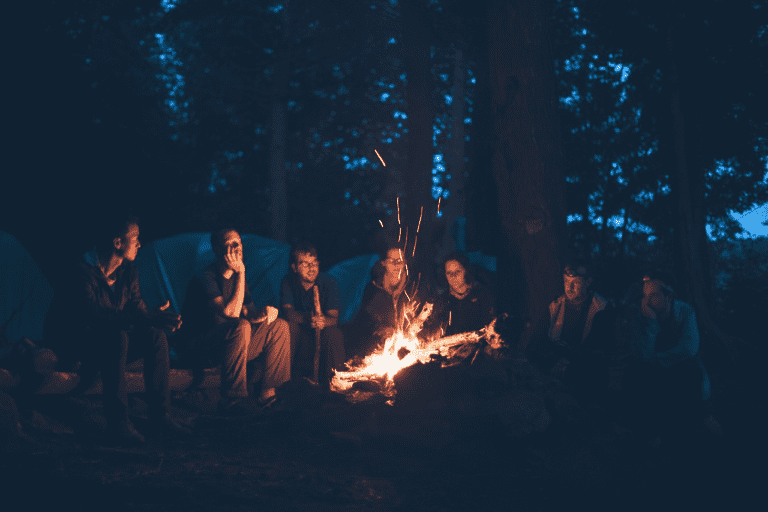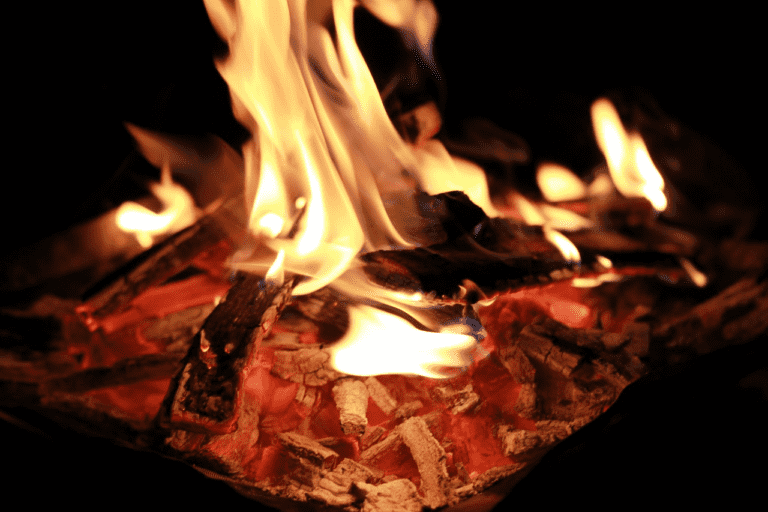Camping is a great way to ‘get away from it all' and connect with nature. However, one of the curveballs that camping throws at you is figuring out what food to bring when you don't have a fridge handy. It may seem like quite the pickle initially, but fear not! I've got some practical advice for you on how to prepare your camping menu without perishable foods.
We'll explore options ranging from canned goods, dried and dehydrated foods to non-perishable snacks and essential cooking items. We'll also discuss drinks that can withstand outdoor conditions, as well as meal planning tips that will make your life easier on the trail.
By following these suggestions, you'll be able to enjoy delicious meals under the stars without worrying about spoilage or carrying heavy coolers around. So let's dive in and get ready for some culinary adventuring in the great outdoors!
Key Takeaways
- Canned goods, such as soups, fruits, and vegetables, are a practical and reliable option for camping without a fridge.
- Lightweight dried and dehydrated foods, such as fruits, vegetables, beef jerky, and instant oatmeal, are long-lasting and portable.
- Non-perishable snacks like granola bars, trail mix, and dried fruits provide quick and convenient sustenance.
- Pack cooking essentials like portable stoves, cast-iron skillets, aluminum pots, and necessary utensils for outdoor meal preparation.
Canned Goods
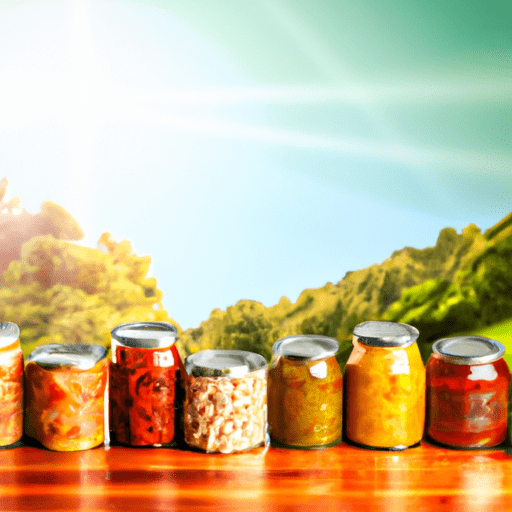
Don't overlook the humble canned goods; they're a camper's best friend, offering a wide range of options from hearty soups to ready-to-eat meats. Whether you're an amateur venturing into the wild or a seasoned adventurer, canned goods are not only practical but also serve as reliable emergency food supplies.
I've found that canned soup varieties like chicken noodle, tomato bisque, or even clam chowder can be awfully comforting on chilly nights under the stars. They heat up easily over a small fire and provide much-needed warmth and sustenance. Plus, there's no need for refrigeration!
And let's not forget about canned fruits or veggies which could add some freshness to your meal after days of packaged food.
So remember, when packing for your next wilderness escape, embrace the handy dandy world of cans!
Dried and Dehydrated Foods
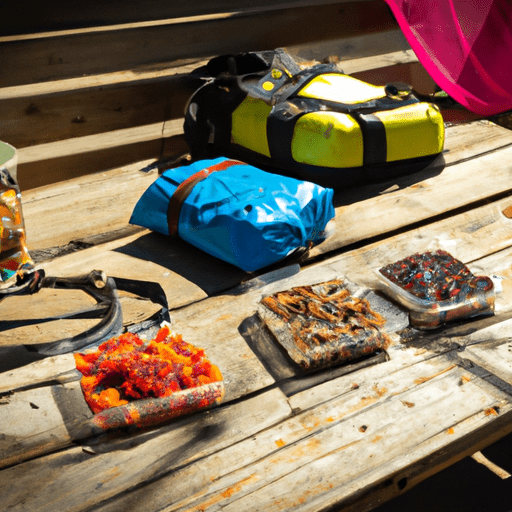
When you're off the beaten path, dried and dehydrated meals are a lifesaver as they're lightweight, requiring only water to prepare. They've been made using various dehydration techniques that ensure their nutritional value is maintained.
Here's a quick list of some options:
- Dehydrated fruits like apples or bananas for a quick energy boost.
- Dried vegetables such as bell peppers and zucchinis, perfect for soups.
- Beef jerky or dried sausages can provide a savory protein hit.
- Instant oatmeal packets are ideal for breakfast needs.
- Prepackaged dehydrated meals offer convenience with diverse flavors.
By comparison with fresh foods, these items may lack in some vitamins but make up for it in longevity and portability.
So pack your backpack and explore freely!
Non-Perishable Snacks
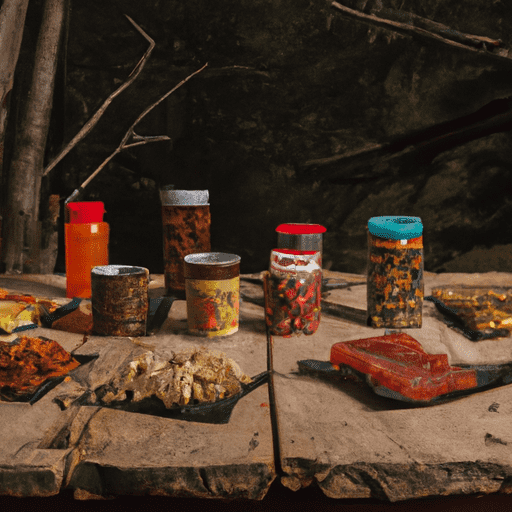
You're going to love the convenience and variety that non-perishable snacks offer, especially when you're out on an adventure. I'm talking about those quick bites that are not only easy to pack but also provide a much-needed energy boost.
Think granola bars, trail mix, or energy balls made with dates and nuts – they're perfect for healthy snacking. If you've got a sweet tooth, dried fruit like bananas or apricots can hit the spot while giving you essential nutrients. Don't forget nut butter packs either; they're protein-packed and don't require refrigeration.
So next time you head off camping, remember these non-perishable snack options. They'll fuel your adventures without weighing down your backpack or needing a fridge!
Cooking Essentials
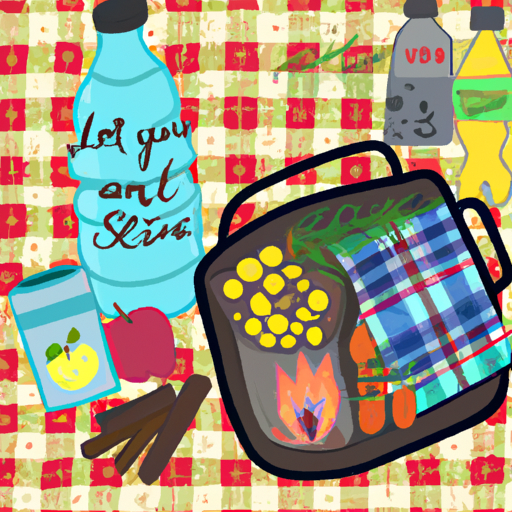
Let's dive into the world of cooking essentials, where even in the great outdoors, you can whip up a hearty meal that tastes just like home. The king of all camping cookware has to be portable stoves. They're compact, lightweight, and perfect for making anything from a steaming pot of chili to morning pancakes.
But your stove is only as good as your utensil selection. You'll want durable, multi-use items like cast-iron skillets or aluminum pots, which are ideal for cooking over an open flame or on your portable stove. Don't forget about cutlery – a good set of forks, knives, and spoons will make meal times easier.
Ultimately, freedom comes from knowing you've got what you need to enjoy delicious meals under the stars!
Drinks
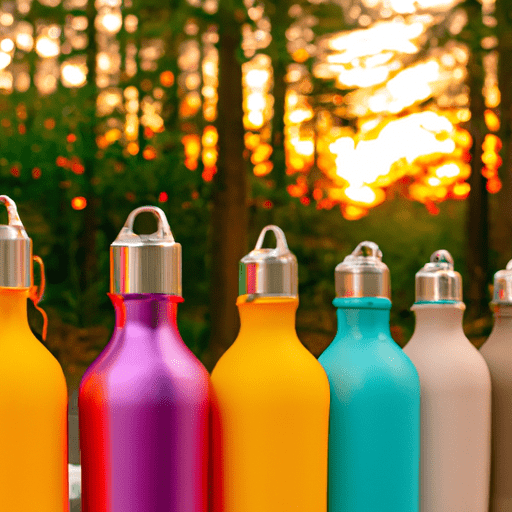
As we dive into the topic of drinks to take camping, shelf-stable milk and juices are an excellent choice due to their long-lasting nature.
I can't stress enough the importance of having a good cup of coffee or tea in the morning, especially when you're out in the wilderness. Remember, they must be instant or ground coffee and bagged tea for convenience and easy preparation.
Shelf-Stable Milk and Juices
Don't put all your eggs in one basket; it's a good idea to pack shelf-stable milk and juices for your camping trip as they don't require refrigeration.
It's worth exploring milk alternatives, such as almond or soy milk, as they often come in non-refrigerated cartons that are perfect for a camping trip. They're nutritious and can be used in coffee or cereal.
Let's not forget about juices either. Fresh juice is great but without a fridge, it won't last long. That's where shelf-stable juices come into play. They're sealed at high temperatures to kill any bacteria, prolonging their lifespan without needing refrigeration.
Additionally, juicing benefits discussion is essential here – these drinks are packed with vitamins and minerals, serving as an excellent energy booster during those adventurous days out in the wild!
Coffee and Tea
Moving on from the convenience of shelf-stable milk and juices, let's delve into a true camping necessity for many – coffee and tea.
Now, you might be thinking, ‘How can I have my beloved brew without a fridge?' Well, there are plenty of options. For coffee lovers, consider instant coffee or even coffee alternatives like chicory or dandelion root which require just hot water to prepare.
And for the tea enthusiasts among us? You're in luck! Many teas are perfect for brewing using only boiling water and they maintain their flavor perfectly at room temperature. With some basic tea brewing techniques – steeping time control and water temperature adjustment – you can enjoy a comforting cuppa even in the wilderness.
It's all about resourcefulness!
Meal Planning and Preparation
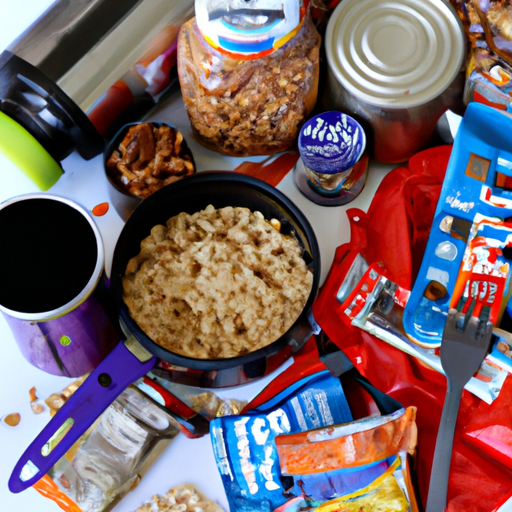
Planning and preparing meals for a camping trip without a fridge might seem like a challenge, but it's actually an opportunity to get creative with your menu. Using outdoor cooking techniques and portable cookware options can make this task more straightforward.
Here's a simple table showing what you could consider:
| Meal | Food Item | Cookware Needed |
|---|---|---|
| Breakfast | Oatmeal | Portable Stove |
| Lunch | Tuna Sandwich | No Cook |
| Dinner | Beef Jerky | Campfire Grill |
This meal plan utilizes food items that don't require refrigeration while also considering different methods of outdoor cooking. Remember, the goal is to enjoy the freedom of being in nature without having too many restrictions. So, plan accordingly and enjoy the great outdoors!
Conclusion
So, there you have it – a camping trip is like an adventurous culinary journey without a fridge. It's all about smart choices and simple delights. Remember how my grandpa always said, "The best meal is shared under the stars"? Well, with these non-perishable foods and essentials, you're set to make your own memories around the campfire.
Happy trails and happy eating!


